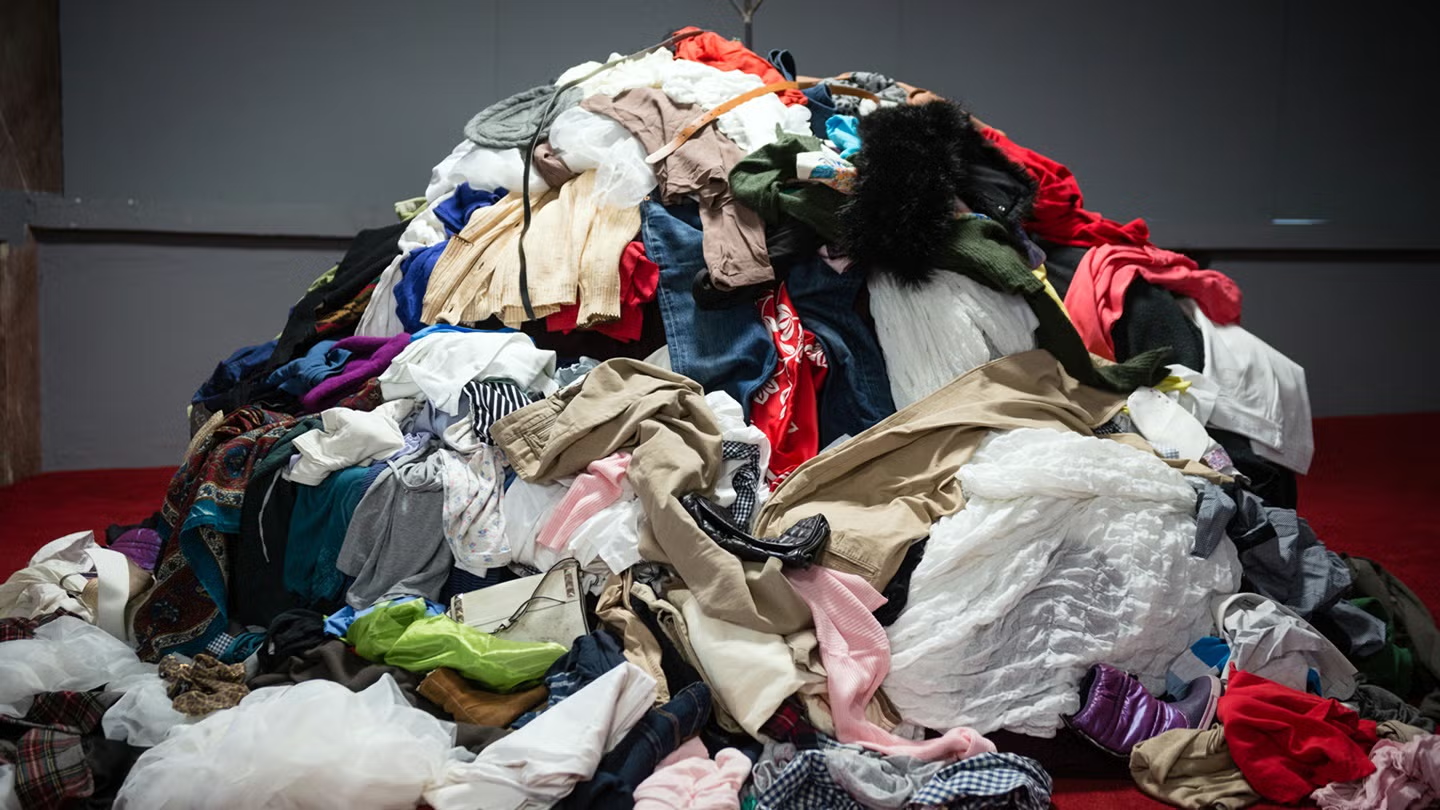UK Used Textile Sector on the Brink – WRAP Warns of Financial and Environmental Fallout
The UK’s used textile industry is facing a serious crisis that could lead to massive financial and environmental consequences. A new report by WRAP, a UK-based non-profit focused on sustainability, reveals how urgent support is needed to prevent the collapse of this crucial sector.
What’s Happening?
WRAP’s latest report highlights the risks if the current system for collecting and recycling used clothes and textiles breaks down. If that happens:
- Local governments may have to pay an extra £64 million every year just to dispose of unwanted textiles.
- This would come on top of the current £73 million already spent on managing textile waste from households.
- The environmental impact would also be huge, with 2.5 million tonnes more CO₂ emissions every year, mostly from more garments being burned or sent to landfills.
Right now, the cost of collecting and sorting end-of-life textiles is already around £88 million annually – and rising.
What Can Be Done? WRAP’s Proposed Solutions
WRAP believes that the UK still has time to turn things around. It recommends three main strategies:
1. Automatic Sorting Technology (ACT UK)
WRAP is working with 18 partners through a project called ACT UK, which is creating a blueprint for advanced textile sorting and pre-processing facilities.
- These facilities would use high-tech methods to sort clothes faster and more accurately.
- Trial results showed 46% more textiles were collected when people were given a chance to donate along with reusable items.
- Building 14 facilities across the UK, each handling 25,000 tonnes per year, could cut sorting and collection costs in half by 2035.
2. Extended Producer Responsibility (EPR)
EPR is a policy tool where producers (like clothing brands) are made financially responsible for the end-of-life management of the products they sell.
- This means brands would help pay for recycling and disposal, not just sell clothes.
- WRAP is working with the government and NGOs to design a workable EPR system for the UK textile industry.
- If implemented, EPR could relieve local councils from huge disposal costs and create more sustainable business models.
3. Retailer Take-back Scheme Redesign
WRAP also wants to improve how clothing brands take back old clothes from customers.
- This idea comes from the UK Textiles Pact and lessons from ACT UK.
- Through the Textile Collections System Transition Programme, WRAP is inviting brands to work together on new, user-friendly collection systems.
- This would encourage more people to return old clothes, helping to recycle more and throw away less.
Why It Matters: The Future Cost Could Be Even Worse
If nothing is done, the report warns that by 2035, the cost of managing used clothes could rise to £200 million a year – a burden that local councils are not prepared to carry without extra funding.
A Call to Action from WRAP’s CEO
Catherine David, WRAP’s new CEO, stresses the urgency:
“The charity sector plays a vital role in enabling a circular economy for fashion in the UK – a role it has been playing for over a hundred years. The sector now faces a crisis, with storage rooms up and down the country bursting with unsellable stock that collectors refuse to take.”
She urges everyone in the industry – from brands to local authorities – to support ACT UK and adopt WRAP’s recommendations to save the sector and build a circular future.
